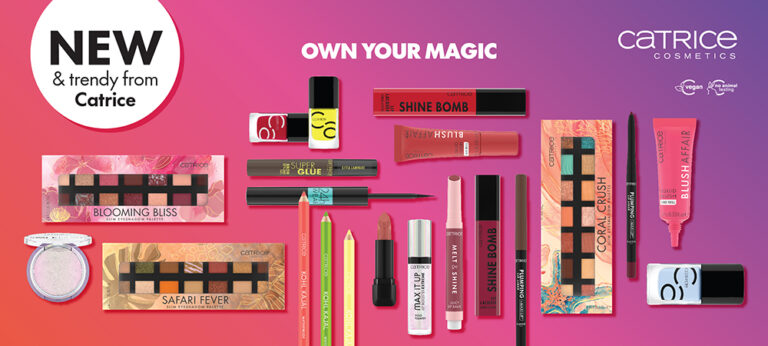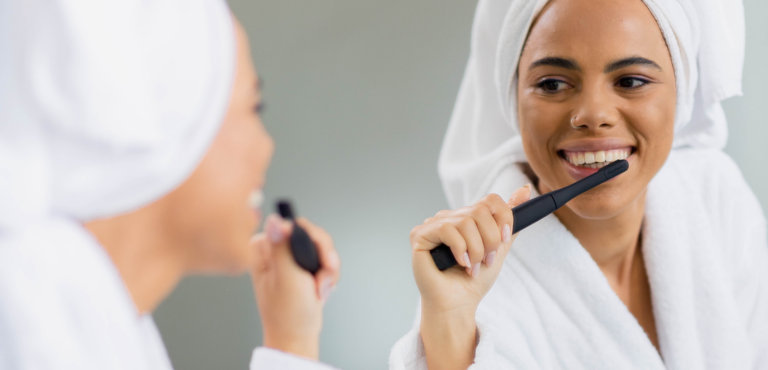What is HPV?
• Human Papillomavirus, or HPV, is a sexually-transmitted infection that can cause genital (and other) warts and increase your risk of developing cancer, particularly cervical cancer in women.
• There are more than a hundred types of HPV of which many are harmless, but around thirty strains of the virus can cause genital warts and/ or cancers.
• Eight out of ten sexually-active people will come into contact with some form of HPV.
• HPV can be contracted and transmitted very easily by both males and females and is particularly prevalent in teens and young adults.
• HPV is a major cause of cervical cancer, which is responsible for the deaths of more than three thousand women in South Africa every year.
What are genital warts?
• Genital warts are small raised areas of skin, like bumps or growths, near or on the genitals or anus, appearing in groups or randomly. They tend to be whitish or flesh-coloured, and some people describe them as looking like cauliflower.
• They can cause itching, discomfort, and irritation, or there may be no symptoms at all. You may not know you have them.
• Genital warts may be flat or almost invisible; in women they can occur entirely internally.
• “Ordinary” warts on hands or feet are caused by a different strain of HPV and do not carry the same health risks as genital warts.
• Not all bumps on your genitals are warts – some can be pimples, less serious infections, or growths of other types.
How do you get HPV?
• HPV and genital warts are passed from person to person through any sexual contact, whether it’s vaginal, anal, or oral.
• HPV can be transmitted even when there are no warts or other symptoms, and when the person doesn’t know they have the infection.
• Although HPV is regarded as a sexually-transmitted infection, it can be passed on through any skin-to-skin contact between an infected and a non-infected person.
• Warts can appear any time from several weeks to several months, or even years, after you’ve been exposed to the virus.
• It may take only one encounter to be infected with HPV.
How can you avoid infection?
• The more sexual partners you have, the more likely you are to contract HPV. Sexual monogamy reduces the risk significantly, while abstinence prevents it entirely.
• It’s essential to use a condom throughout every sexual encounter, though a condom won’t entirely prevent the transmission of HPV as the virus can spread from or to parts of the genitals not covered by a condom.
• If you’re sexually active, you should have regular medical check-ups.
Can HPV be treated?
• There is at present no cure for HPV – once you contract the virus, it remains in your body for life.
• If you think you may have been exposed to HPV, you should see a doctor as soon as possible.
• There are ways to reduce the number of genital warts or even eliminate them entirely. Depending on where the warts are, how big they are, and how many, your doctor may prescribe creams, medication, or treatments like laser therapy or chemical freezing.
• Genital warts can reappear after treatment, in which case you’ll need to go back to your doctor. Anyone you’ve had sex with should also be checked by a medical professional.
What about vaccination?
• Vaccination offers effective protection against HPV for both boys and girls, especially if it’s done in time for you to develop an immune response before you become sexually active.
• Vaccinations may offer some protection to sexually-active young people who have not yet contracted the virus.
• The HPV vaccine works by triggering the formation of antibodies to produce immunity.
• HPV vaccines are given as a series of three injections at specified intervals over six months. It’s important that the sequence be followed precisely, and that you have all three shots.
• Current recommendations are that the vaccine should be given to girls and boys between the ages of nine and seventeen. It can still be effective for women up to the age of twenty-six and for men up to the age of twenty-one.
• Two vaccines are currently available in South Africa. Both Gardasil and Cervarix are suitable for females, while only Gardasil is used for males. Cervarix protects against two types of HPV, and Gardasil against four types.
• Apart from the Government’s inoculation programme initiated in March 2014, which aims ultimately to vaccinate five hundred thousand girls in seventeen thousand schools, vaccines are at present available only through private doctors at a cost of between R700 and R1000 per dose.
• In Australia, where an intensive vaccination programme was first launched in 2007, there has already been a reduction of around fifty percent in the number of cases of genital warts in both males and females and a significant decline in the rate of cervical abnormalities in females.
Other articles you may be interested in:
Can you tell me more about the HPV vaccine?
Regular health check-ups you’ve got to have
Get lucky without catching any nasties
Ovarian cancer, the silent killer
Breast cancer







3 Responses
Thank you for writing such an informative article about the HPV virus this is very crucial and we need to start realizing the urgency about the matter and also learn to speak out and educate our kids, friends and relatives about this. There is nothing as bad as not knowing or having sufficient knowledge on certain things.
This is so interesting. No one teaches you this when you are at school or in general. All these weird diseases and stuff, so interesting to learn about and protect yourself against. Thanks BSA for the article :)
I have done the Gardasil and as soon as my daughters turn 8 they will be getting it as well! We will teach them to wait until marriage, but we can’t say that their potential husband would have had the vaccinations, better to safe guard them now then be unhappy later! The shots were expensive when I had them, around R1200 each and you have to take 3 of them, but it is an investment in my health, and will be an investment in my daughters health as well!